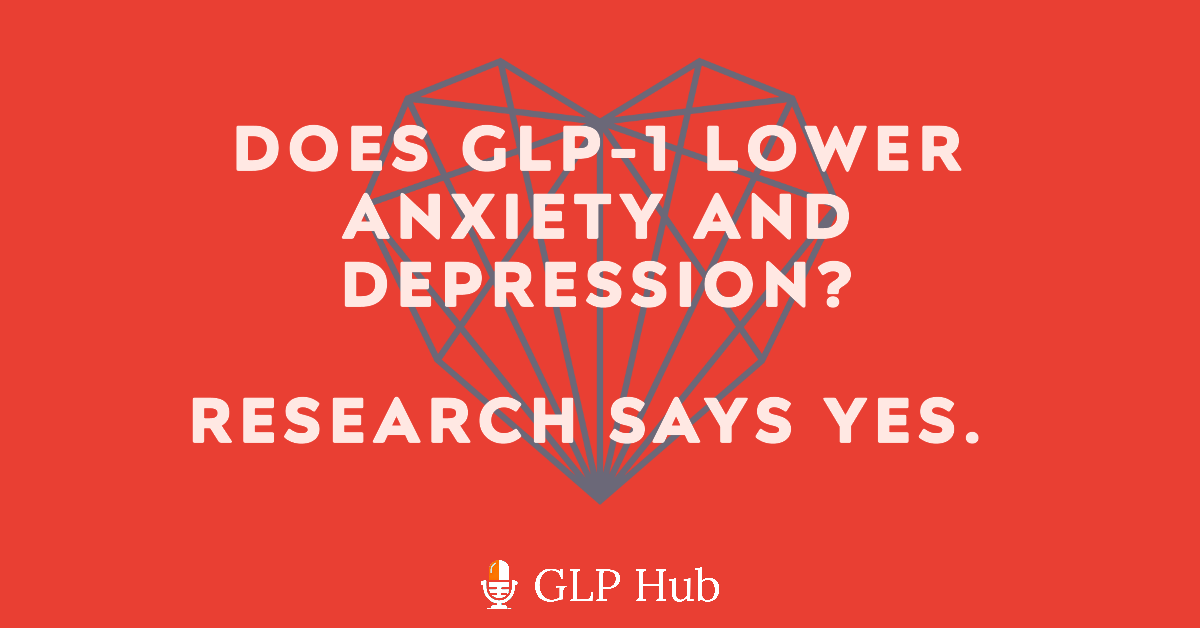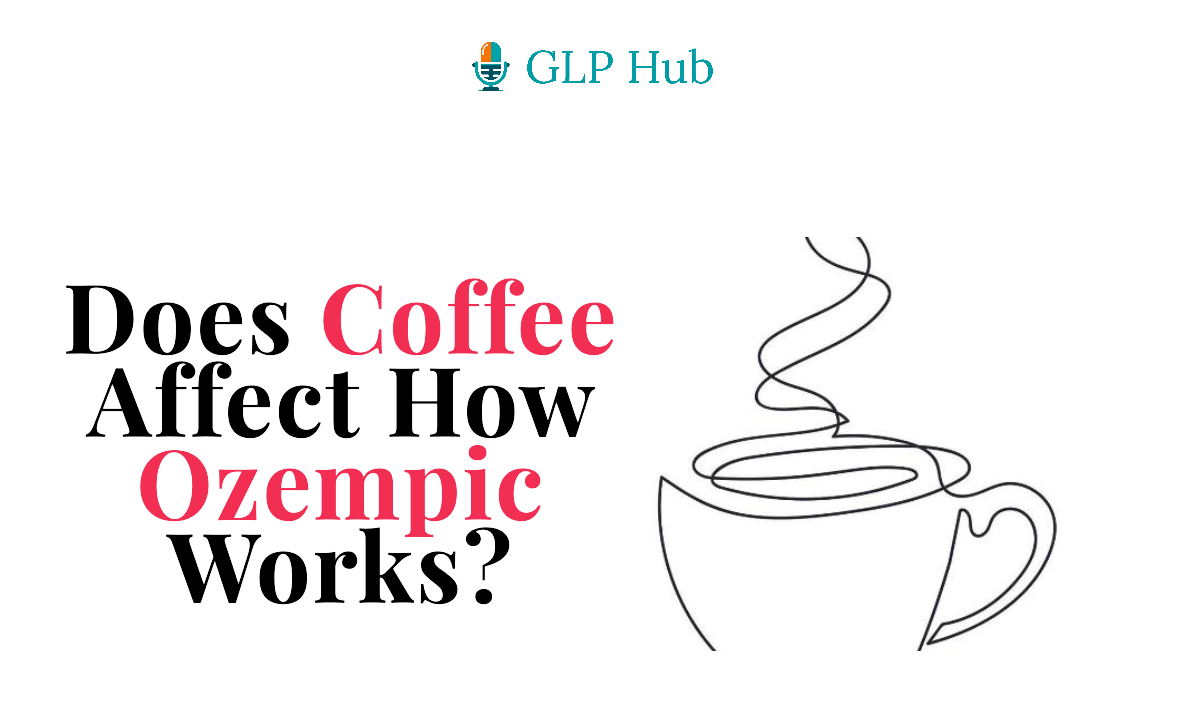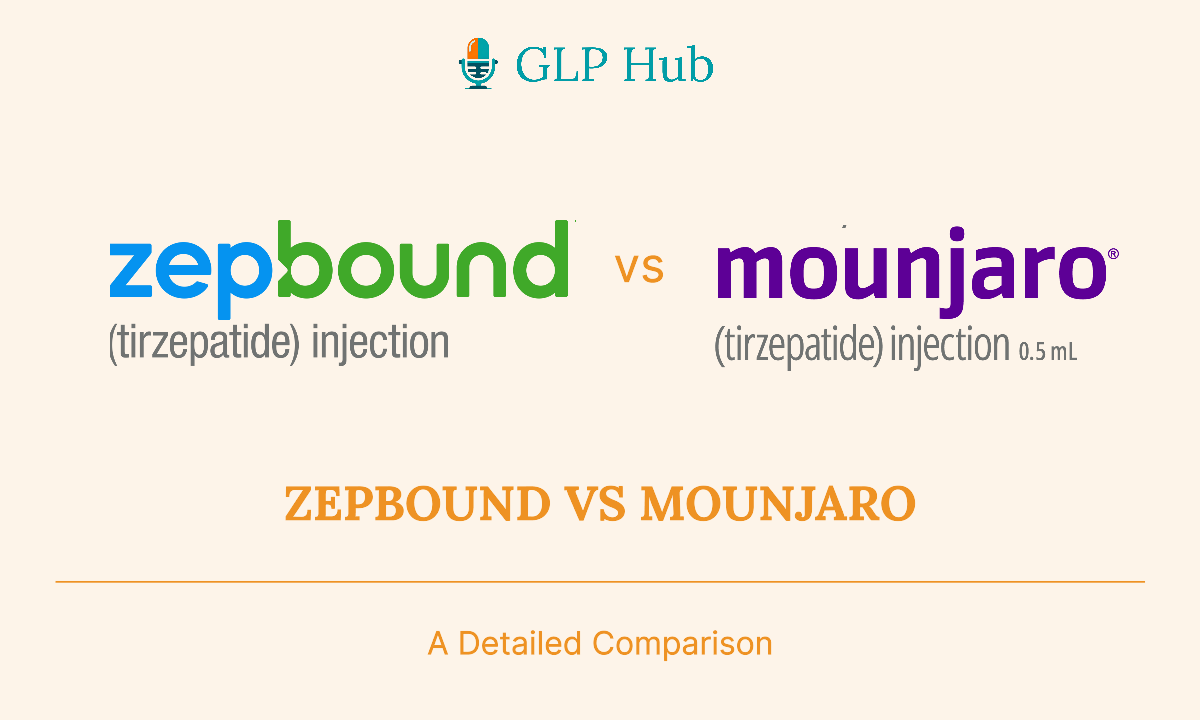In recent years, the medical community has seen a significant expansion in the use of certain medications beyond their original purposes, revealing unexpected benefits that have the potential to transform lives.
GLP-1 medications, known primarily for their role in diabetes management and weight loss, have emerged as a beacon of hope for individuals struggling with depression and anxiety.
Groundbreaking Study Findings
A groundbreaking study by Epic Research has shed light on an additional benefit of GLP-1 medications: their potential to significantly reduce the risk of depression and anxiety.
This large-scale research, which utilized the vast databases of electronic medical records held by Epic, one of the largest records holders in the U.S., involved an analysis of over three million people with diabetes and nearly one million individuals without diabetes who were taking these drugs for weight loss.
The study’s findings are compelling, revealing that individuals with diabetes taking GLP-1 medications experienced a notable reduction in diagnoses of depression and anxiety compared to those not on these medications. For example, people with diabetes taking tirzepatide saw a 65% lower likelihood of being diagnosed with depression and a 60% lower chance of anxiety. Similarly, those taking semaglutide reported a 45% and 44% lower risk of depression and anxiety diagnoses, respectively.
Even more intriguing is the impact of these medications on individuals without diabetes. The study found that only semaglutide was associated with a reduction in depression and anxiety in this group, pointing to the unique properties of this drug among the GLP-1 class.
Understanding the Impact
The implications of these findings are profound. Not only do they suggest a new avenue for the treatment of depression and anxiety, particularly in individuals with diabetes, but they also offer a glimpse into the complex interplay between physical and mental health.
The mechanisms by which these medications exert their mental health benefits are not entirely understood, but they may relate to improved physical health, enhanced feelings of well-being from weight loss, and stabilized blood sugar levels, which can affect mood and energy levels.
Future Implications and Challenges
These findings open up new possibilities for the treatment of mental health conditions and highlight the need for a holistic approach to patient care. However, it\’s important to note the limitations of the study, including its observational nature, which cannot definitively prove causation.
Conclusion
The discovery of the mental health benefits of GLP-1 medications represents a significant step forward in our understanding of the interconnectedness of physical and mental health. As we continue to explore the full potential of these drugs, we may find ourselves on the cusp of a new era in the treatment of depression and anxiety, offering hope to millions of individuals around the world. This research not only underscores the importance of innovative approaches to drug use but also highlights the need for continuous exploration into the unexpected benefits of medications beyond their original purposes.





